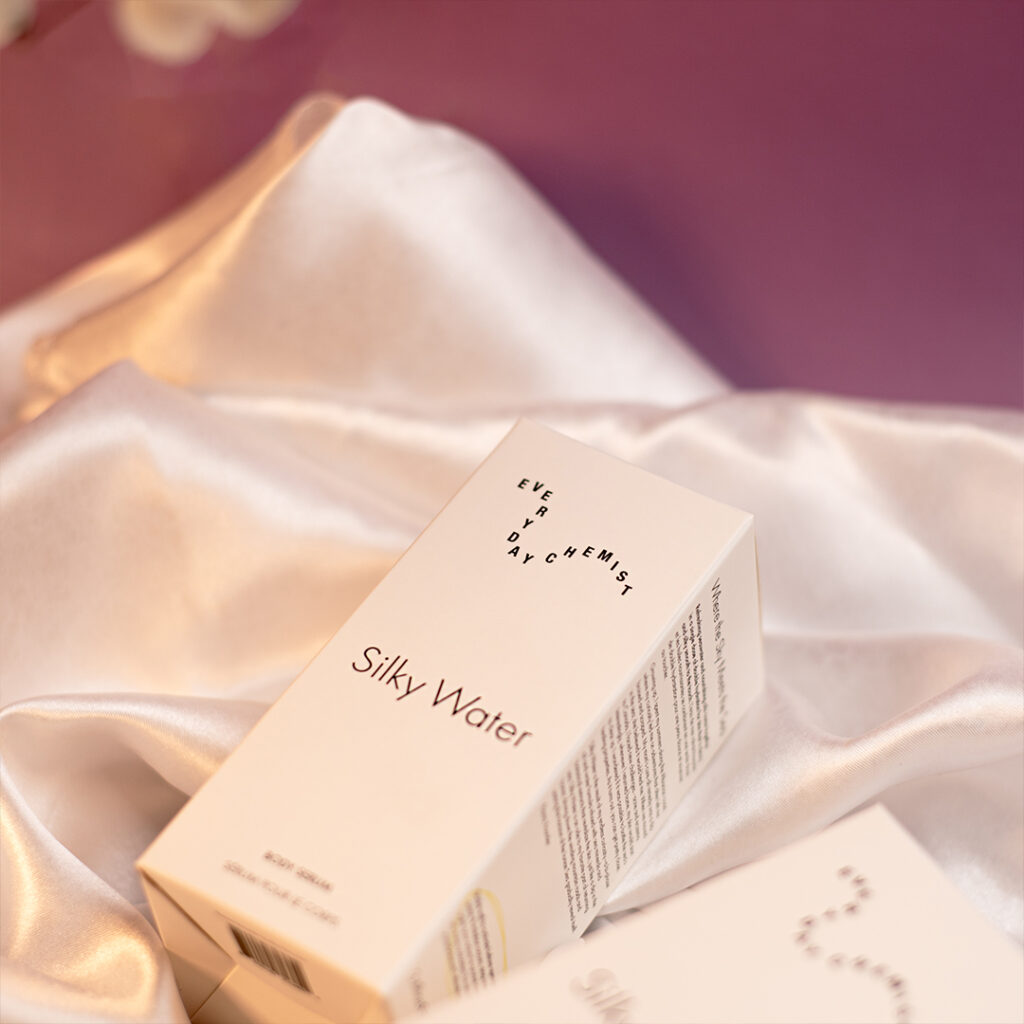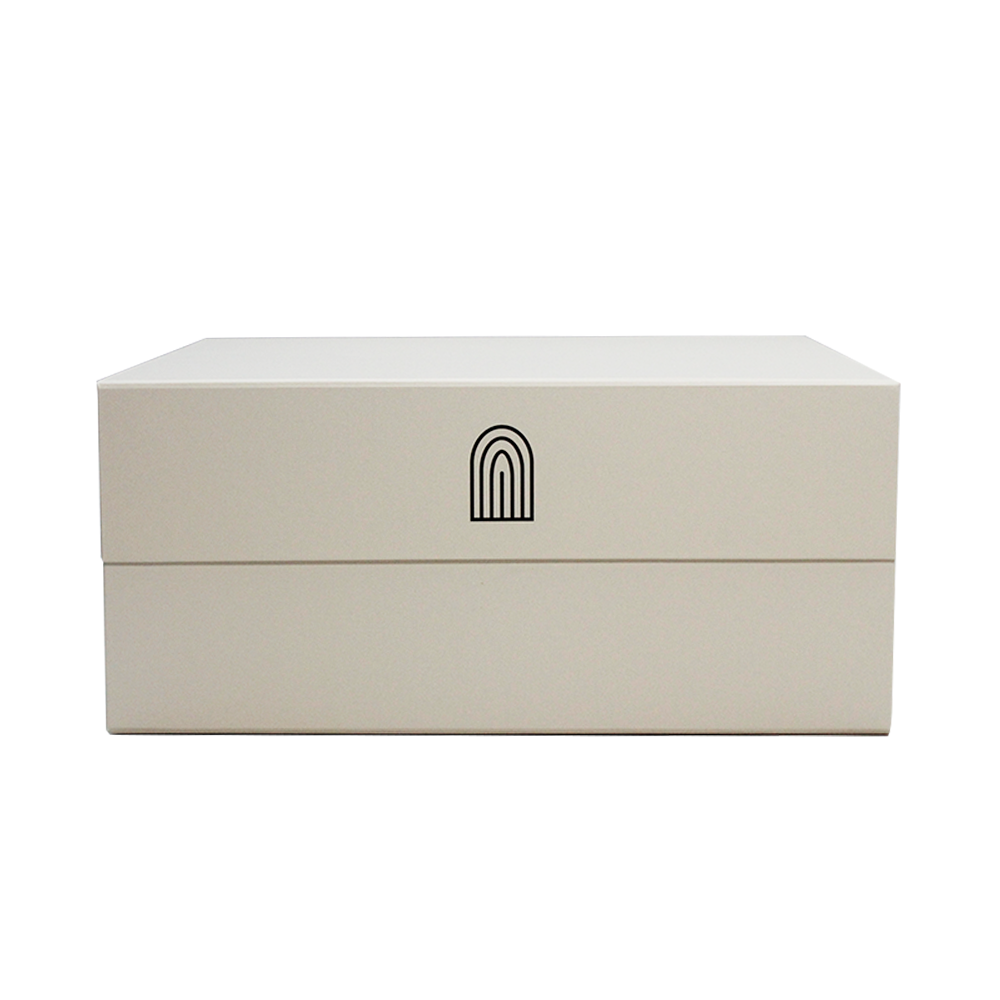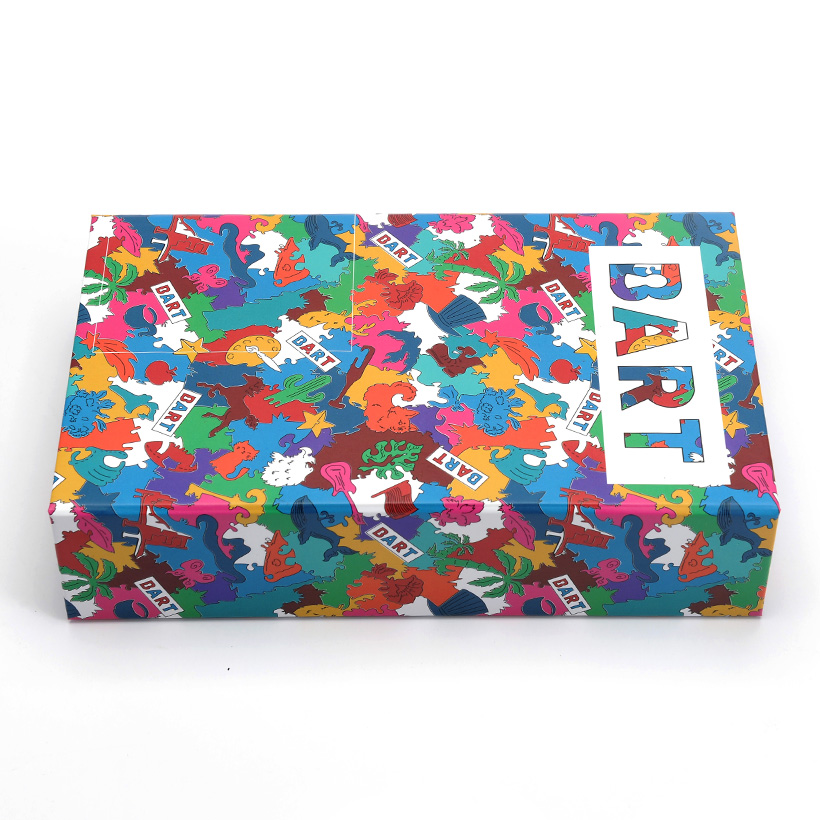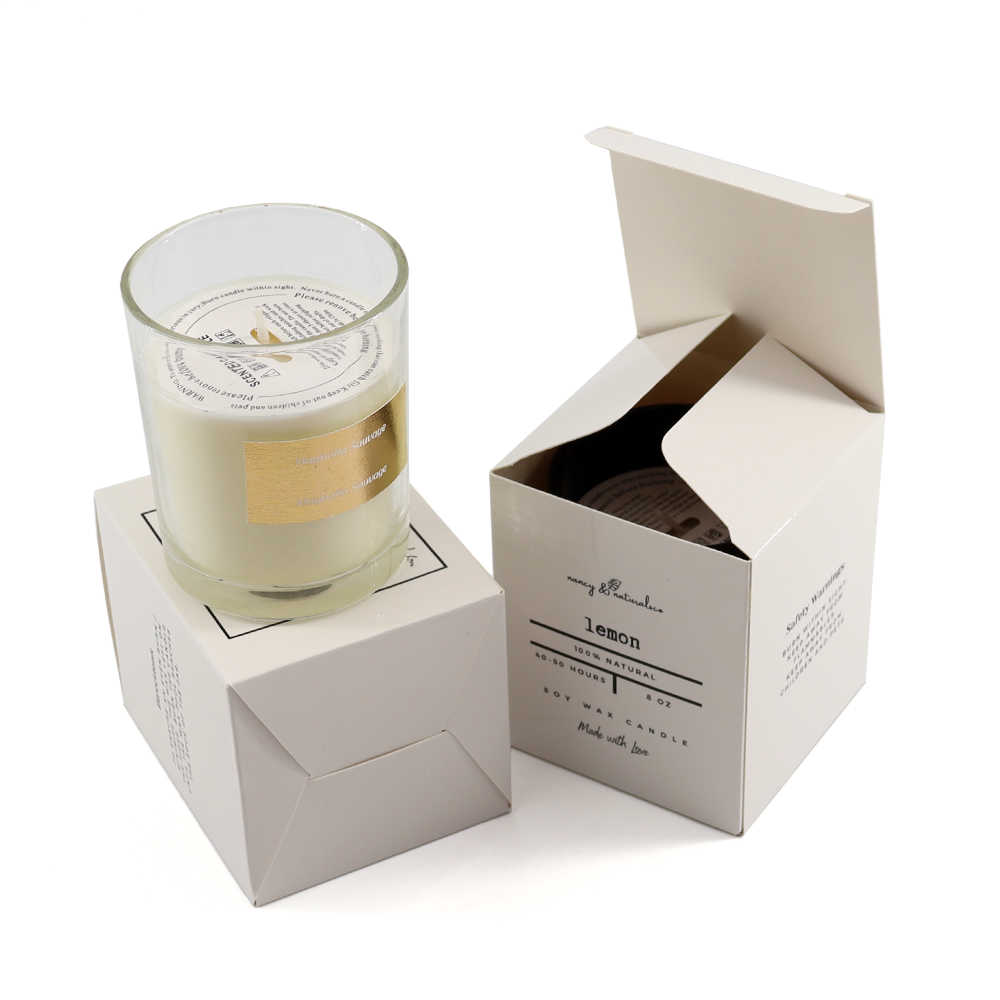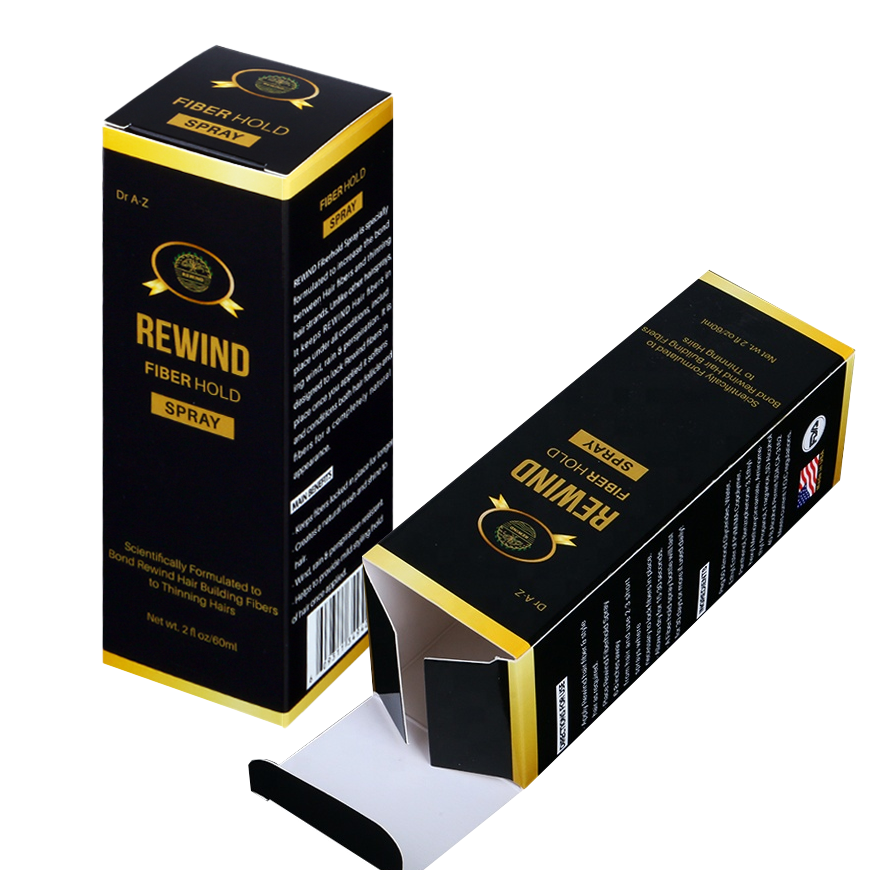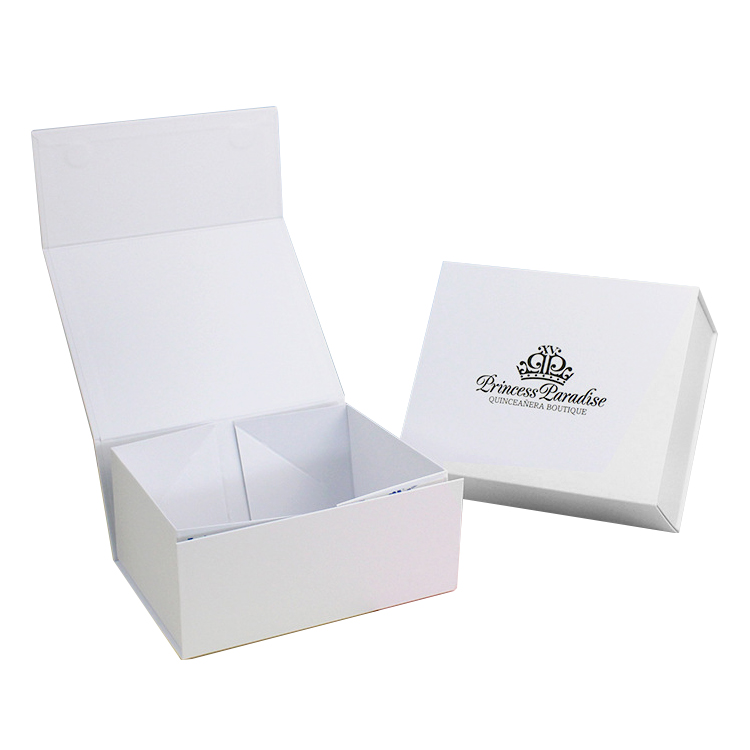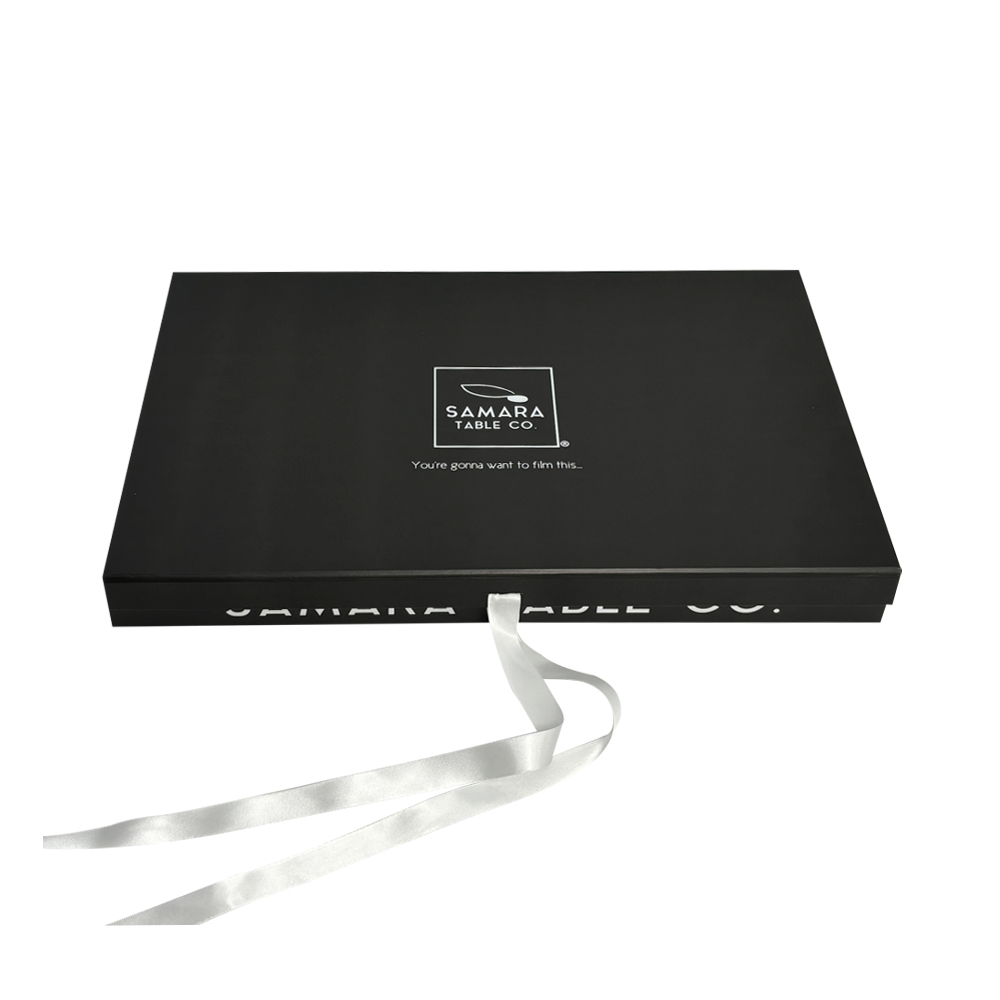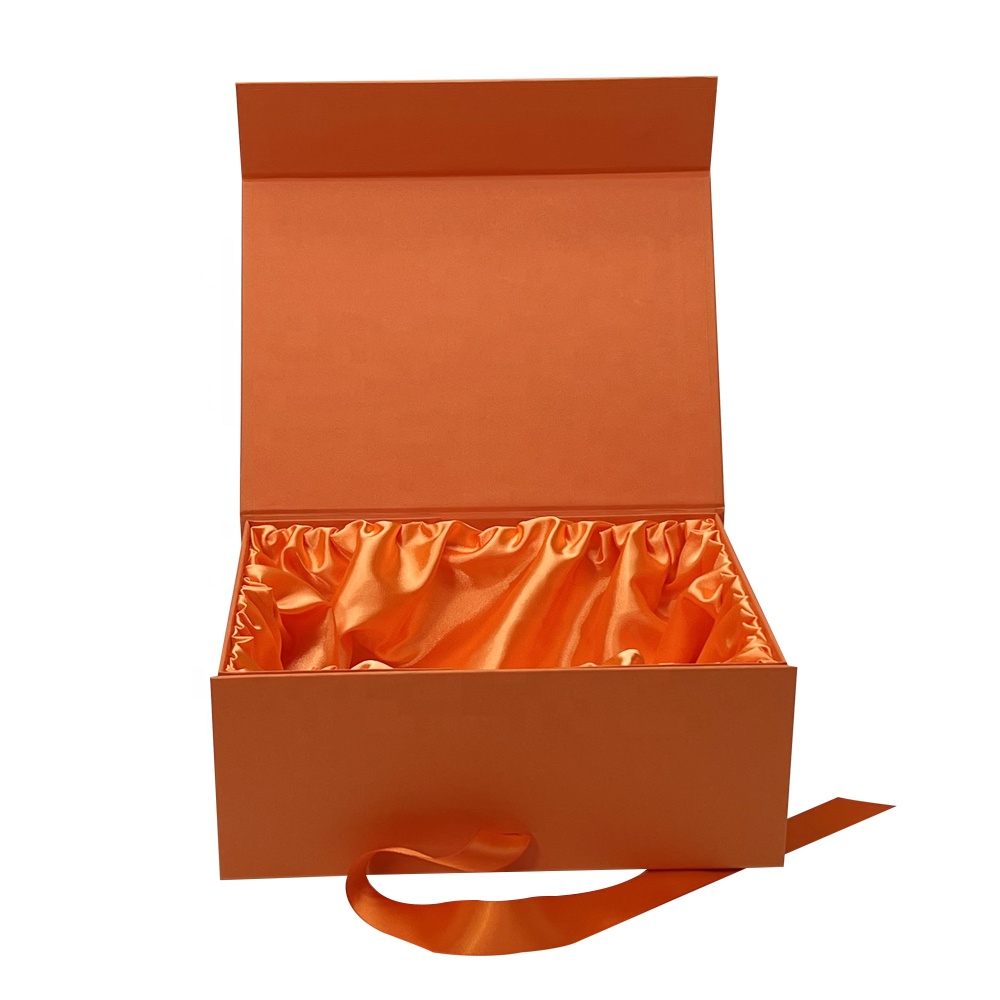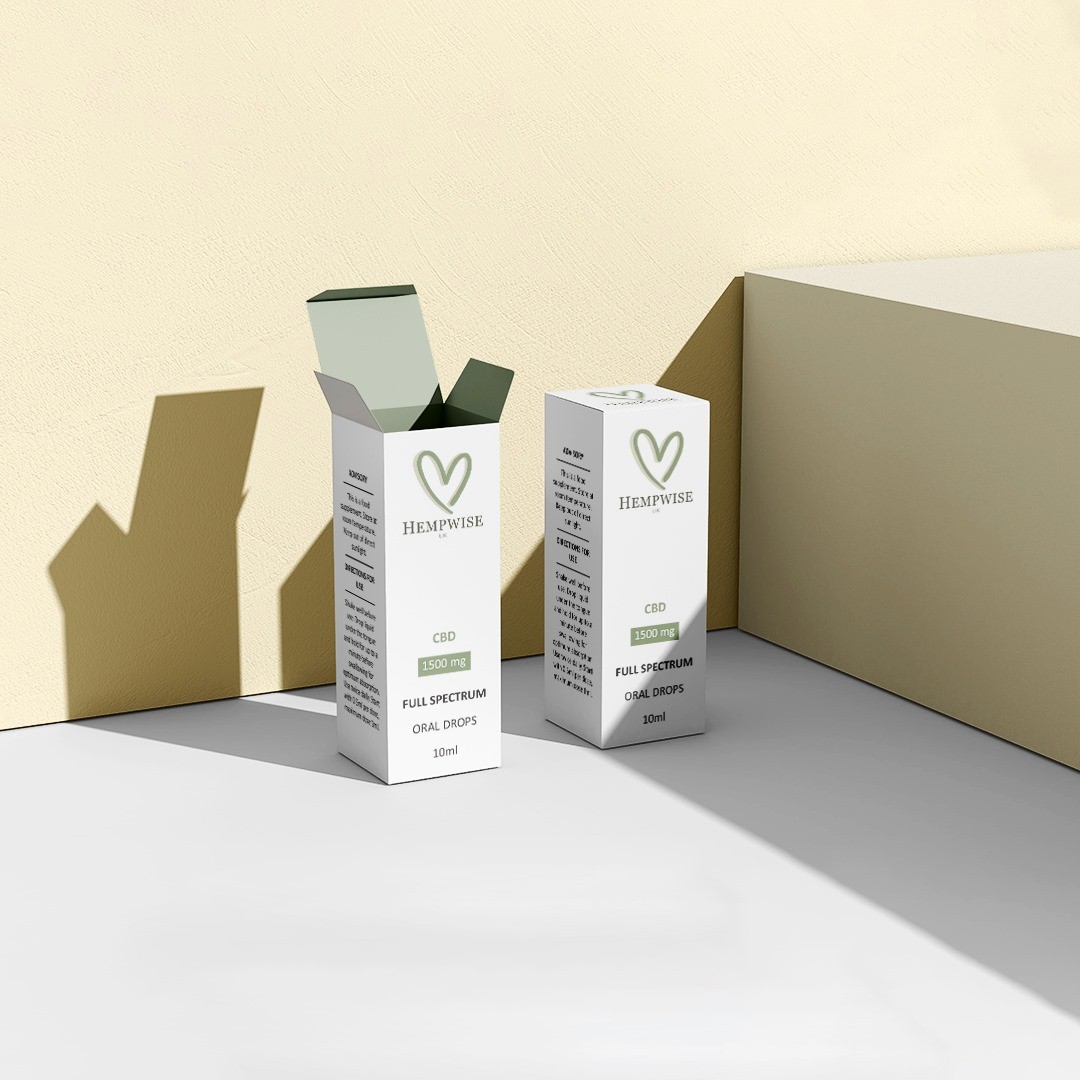תוֹכֶן הָעִניָנִים
In the dynamic beauty industry, cosmetic packaging has evolved beyond its functional role, transforming into a key factor in brand identity, consumer loyalty, and product desirability. With the growing demand for eco-friendly solutions and the rise of new technologies, packaging has become a pivotal element in influencing consumer perceptions and driving purchasing decisions. In this article, we explore the top 10 trends shaping luxury cosmetic packaging, highlighting the role of sustainability, innovation, and design in creating a premium customer experience.
1. Sustainability as a Driving Force in Luxury Cosmetic Packaging
As global consumers become more environmentally conscious, sustainability has emerged as a core value for beauty brands. The demand for eco-friendly packaging has soared, with 85% of buyers now actively seeking products with sustainable packaging options. Consumers want brands to take responsibility for the environmental impact of their packaging, pushing cosmetic companies to adopt greener materials and manufacturing practices.
Luxury packaging, once synonymous with excess and waste, is being redefined to align with eco-conscious values. Many beauty brands are now turning to paper-based materials, glass, and biodegradable plastics as sustainable alternatives to traditional plastic packaging. These eco-friendly options allow brands to communicate their commitment to sustainability without compromising on aesthetics or product protection. For instance, PackMojo offers packaging solutions made with a minimum of 50% post-consumer content, reducing the overall environmental impact while still maintaining a premium look and feel.
2. The Role of Minimalism in Luxury Packaging Design
Simplicity is becoming the new luxury in the beauty industry. As consumers increasingly seek products that reflect understated elegance and timelessness, minimalist packaging designs are gaining popularity. Brands are moving away from overly ornate designs and instead opting for clean, sleek, and sophisticated aesthetics that focus on essential elements.
Minimalist packaging communicates a sense of refinement and high quality, appealing to consumers who appreciate simplicity. Companies like OUAI and Glossier have perfected this approach, using neutral colors and subtle design elements to create an air of luxury without excess. This design philosophy not only resonates with consumers who value clarity and purity but also ensures that the packaging enhances the overall product experience.
3. The Growing Popularity of Smart Packaging
Smart packaging is revolutionizing the beauty industry by providing brands with innovative ways to enhance the consumer experience. Smart packaging includes elements such as QR codes, NFC chips, and augmented reality (AR) features, allowing consumers to interact with packaging in new and exciting ways. These technologies offer consumers more than just product information—they create immersive experiences that connect physical packaging with the digital world.
By integrating QR codes or NFC tags, beauty brands can offer instant access to detailed product information, ingredient sourcing, and usage tips. This not only improves the customer experience but also builds trust and transparency, which are crucial for building long-term customer loyalty. With the rise of smart packaging, luxury beauty brands can enhance their offering and stand out in a crowded market.
4. Personalization and Customization in Luxury Packaging
Personalized packaging is becoming a major trend in luxury cosmetics. Consumers today are looking for products that feel unique and tailored to their needs. Personalized packaging helps brands create a stronger emotional connection with consumers, making them feel valued and special. This sense of exclusivity can foster loyalty and increase repeat purchases.
Beauty brands are increasingly using digital printing technologies to offer personalized packaging. Whether it’s a custom message, bespoke color schemes, or personalized labels, these small touches can elevate the customer experience. For example, luxury brands like Fenty Beauty and Glossier have embraced personalized packaging as a way to make their customers feel unique. Personalized packaging also encourages consumers to share their experiences on social media, providing organic marketing opportunities for brands.
5. The Shift Toward Eco-Friendly Luxury Packaging Materials
Eco-friendly materials are now considered a key component of luxury packaging. With the beauty industry’s growing commitment to sustainability, brands are exploring a variety of materials that are both environmentally responsible and aesthetically pleasing. These materials include biodegradable plastics, bamboo, and plant-based packaging options.
For example, brands like Kjaer Weis have introduced refillable packaging, reducing waste while maintaining a luxurious presentation. Recycled paper and glass are also popular choices for packaging materials, allowing brands to create an elegant look while reducing their environmental footprint. These eco-friendly materials are not only more sustainable but also enhance the overall appeal of the product, as consumers increasingly prefer brands that align with their values.
6. The Power of Color in Luxury Packaging
Color plays a crucial role in packaging design, especially in the luxury cosmetics market. The right color combination can evoke specific emotions and associations, helping to reinforce a brand’s identity. For example, gold and black are often used in luxury packaging to convey sophistication, while natural tones like green and brown suggest organic, eco-friendly products.
By choosing the right colors, beauty brands can communicate their values and position themselves in the market. Lush, for instance, uses green packaging to emphasize its commitment to natural ingredients, while brands like Chanel and Tom Ford rely on black and gold to signify timeless luxury. The strategic use of color can make a product more visually appealing and help it stand out on crowded shelves.
7. Interactive Packaging for an Engaging Consumer Experience
With the rise of social media, unboxing has become an essential part of the consumer experience. Interactive packaging, which includes features like pull-out compartments, hidden messages, and personalized notes, can make the unboxing experience more exciting and memorable.
Brands are now using innovative packaging designs that engage consumers and encourage them to share their experiences online. For example, Clarins has designed a unique wheel-like packaging for its lip oils, allowing consumers to randomly select a product while enjoying the interactive design. These creative and engaging packaging designs enhance the overall experience, making consumers more likely to share their unboxing moments on social media, leading to organic marketing and increased brand visibility.
8. Customizing the Unboxing Experience to Increase Brand Loyalty
The unboxing experience is more important than ever, as it plays a significant role in shaping a consumer’s perception of the brand. A well-designed unboxing experience can create a lasting impression, foster brand loyalty, and encourage repeat purchases. Personalized touches, such as handwritten thank-you notes or customized packaging, can make the unboxing experience feel special and exclusive.
Investing in thoughtful unboxing designs not only enhances the consumer experience but also encourages customers to share their experiences on social media. With the increasing influence of influencers and unboxing videos, brands can leverage this form of marketing to boost brand awareness and drive sales. Packaging that creates a sense of excitement and anticipation will leave a lasting impact on consumers, making them more likely to return for future purchases.
9. The Influence of Global Markets on Luxury Packaging Design
As the luxury beauty market continues to grow, brands must consider the preferences and cultural nuances of global markets. With the rise of Asia-Pacific as the largest consumer of luxury goods, brands must tailor their packaging to appeal to the unique tastes and expectations of consumers in this region.
In addition to catering to local preferences, brands must consider cultural significance when designing packaging for global markets. For example, beauty brands entering China may incorporate traditional Chinese designs to resonate with local consumers, helping to build trust and foster connections. Embracing diversity in packaging design allows brands to expand into new markets while maintaining relevance and appeal.
10. The Future of Luxury Packaging in the Beauty Industry
The future of luxury packaging in the cosmetics industry is exciting and full of potential. As sustainability, personalization, and innovation continue to shape the market, brands will need to adapt and evolve their packaging strategies to stay competitive. The growing demand for eco-friendly packaging solutions will push the industry towards more sustainable practices, while new technologies will enable brands to offer more interactive and engaging packaging experiences.
FAQs about Luxury Cosmetic Packaging
1. What makes luxury packaging different from regular packaging?
Luxury packaging is designed to communicate a sense of sophistication, exclusivity, and quality. It often features high-end materials like glass, metal, or premium paper, and incorporates design elements such as foil stamping, embossing, and intricate textures. Luxury packaging also enhances the consumer experience, creating an emotional connection between the brand and the customer.
2. Why is sustainability important in luxury cosmetic packaging?
Sustainability is a growing priority for consumers, especially in the luxury market. Many consumers prefer brands that are environmentally responsible and make efforts to reduce their carbon footprint. By using eco-friendly materials and sustainable packaging designs, luxury beauty brands can attract environmentally conscious consumers and demonstrate their commitment to the planet.
3. How does packaging influence consumer purchasing decisions?
Packaging plays a significant role in shaping a consumer’s perception of a product. It serves as a first point of contact between the brand and the consumer, creating an emotional connection and conveying the brand’s identity. Attractive, functional, and sustainable packaging can make a product stand out, increasing the likelihood of purchase and fostering brand loyalty.
Conclusion: Embrace Innovation for Future Success in Luxury Packaging
As the beauty industry continues to evolve, luxury packaging will remain a critical element in attracting and retaining consumers. By embracing sustainability, personalization, and innovative design techniques, beauty brands can create packaging that not only protects their products but also enhances the overall customer experience. The future of luxury packaging lies in creating meaningful, engaging, and environmentally responsible packaging solutions that resonate with today’s conscious consumer. Stay ahead of the curve by adopting the latest packaging trends and investing in designs that truly represent your brand’s values and commitment to excellence.


